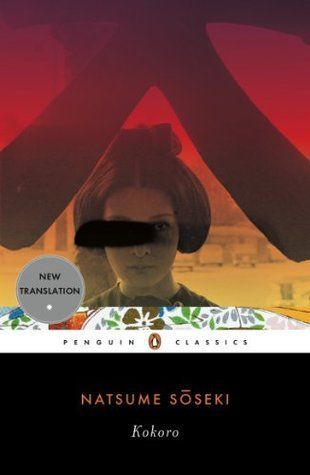
Kokoro
The great Japanese author’s most famous novel, in its first new English translation in half a century No collection of Japanese literature is complete without Natsume Soseki's Kokoro, his most famous novel and the last he completed before his death. Published here in the first new translation in more than fifty years, Kokoro—meaning "heart"—is the story of a subtle and poignant friendship between two unnamed characters, a young man and an enigmatic elder whom he calls "Sensei." Haunted by tragic secrets that have cast a long shadow over his life, Sensei slowly opens up to his young disciple, confessing indiscretions from his own student days that have left him reeling with guilt, and revealing, in the seemingly unbridgeable chasm between his moral anguish and his student's struggle to understand it, the profound cultural shift from one generation to the next that characterized Japan in the early twentieth century.
Reviews
cha@chakiiko
Aje@420ghibli
Maureen@bluereen
Antonio Bolio@conbdebolio
gülsu@celestial
𓆨@viridiantre
jeanro b.@nitrojane
Cigdem O@cidringles
jennifer @booksvirgo
Anushka Saha@aksli19
charisa@charisa
Chaosisamazinglol@chaosisamazing
Ofelia@sanemi
Tuva Stranger Mjønes @tuvastr
Aaron <3@exquisitecorpse
Andrada D@andragel
Diane Blache@etrangesfleurs
juneau@junxeau
mitha@mithasab
d@tinkertailorloverspy
Khoa Dang@khoasnt
Trisa P@trisaprmt
jess@visceralreverie
Viet-Hung Nguyen@viethung
Highlights
Chaosisamazinglol@chaosisamazing
Aaron <3@exquisitecorpse
Page 149